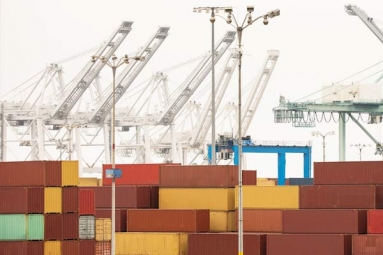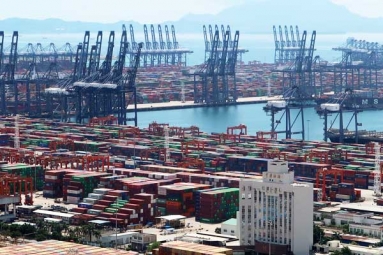
(Image source from: Ddindia.co.in)
The United Arab Emirates experienced a period of disorder following the heaviest rainfall it has seen in 75 years. In less than 24 hours, certain areas received over 250 mm (approximately 10 inches) of precipitation, a record-breaking occurrence since 1949 when data began to be collected. The consequences of this rainfall included flooded streets, uprooted palm trees, and damaged building facades. The impact was particularly felt in Dubai, a popular tourist destination, where flights were canceled, traffic came to a standstill, and schools closed. The amount of rain that fell in just 12 hours on Tuesday, approximately 100 mm (nearly 4 inches), is typically what Dubai receives in an entire year based on United Nations data.
The intensity and speed of the rainfall were so extreme that some drivers had no choice but to abandon their vehicles as floodwaters rose and roads transformed into rivers. These extreme rainfall events are becoming more frequent as the earth's atmosphere warms due to human-induced climate change. As the atmosphere becomes warmer, it is capable of absorbing more moisture, similar to a towel, and then releasing it in the form of heavy rainfall that can cause flooding.
The Gulf of Oman is currently experiencing a weather system that is causing heavy rainfall in the region. This same system has also resulted in wet weather in Oman and southeastern Iran. Tragically, flash floods in Oman have caused the loss of 18 lives, including schoolchildren. In the UAE, a 70-year-old man lost his life when his vehicle was swept away by flooding. The rain has now moved eastward, affecting parts of southern Iran and Pakistan, areas that typically receive little rainfall at this time of year. The city of Chabahar in Iran recorded 130 mm of rain. As a result of the blocked roads, commuters in Dubai were stranded on the highway, with some taxi drivers refusing to continue the journey. People were forced to walk through large puddles in search of alternative transportation. Among those affected were attendees of the World Blockchain Summit, who had traveled from abroad to Dubai for the event.










